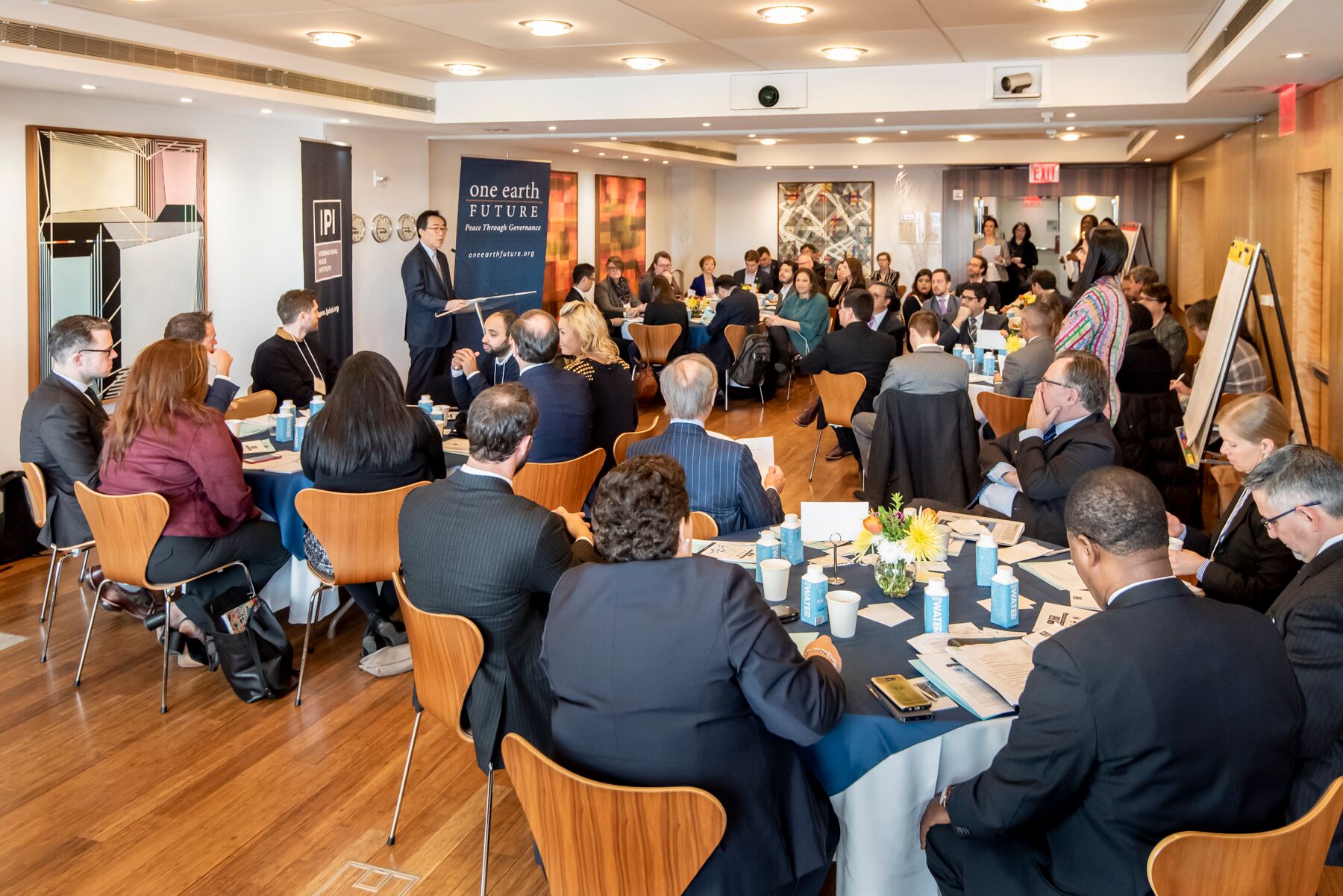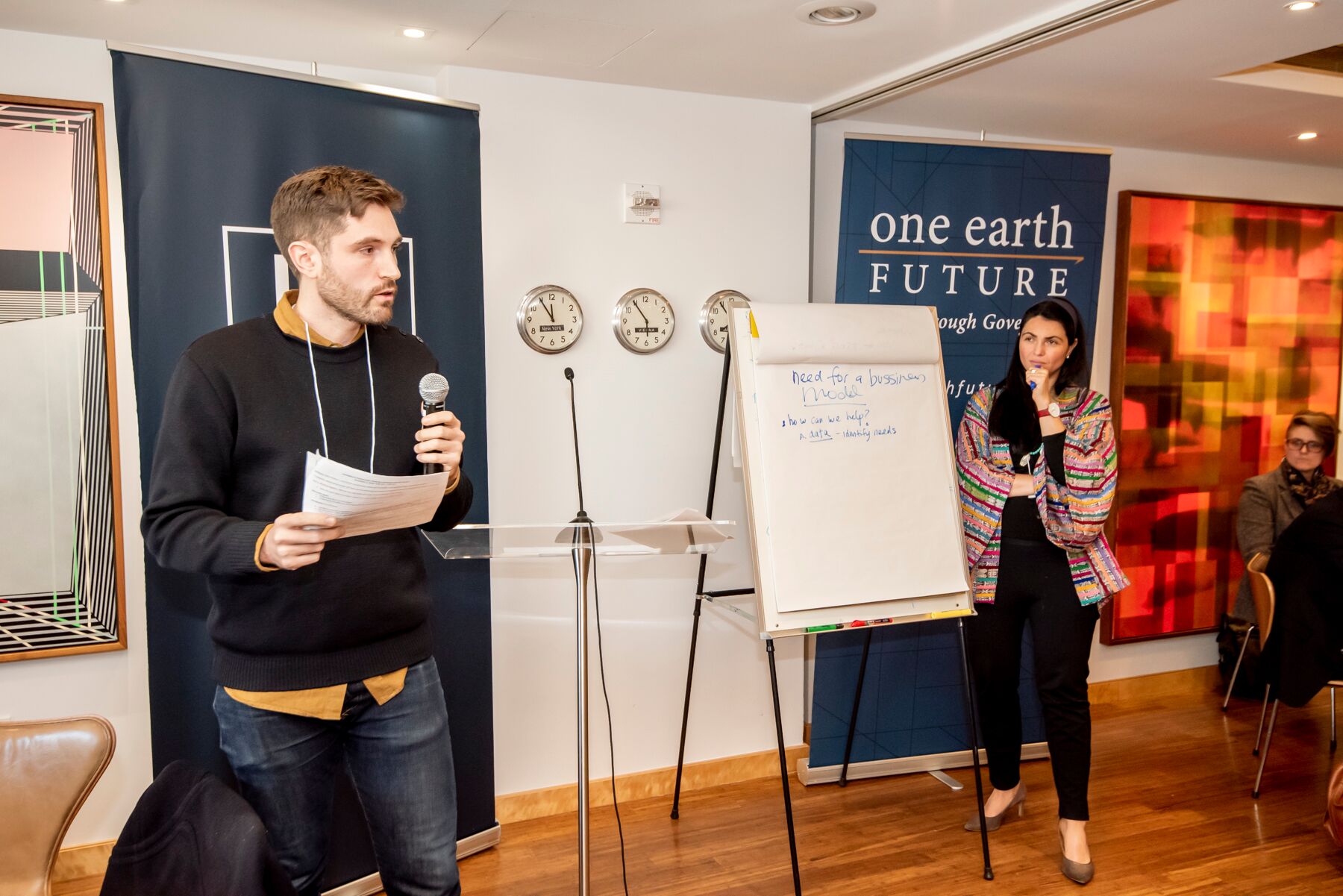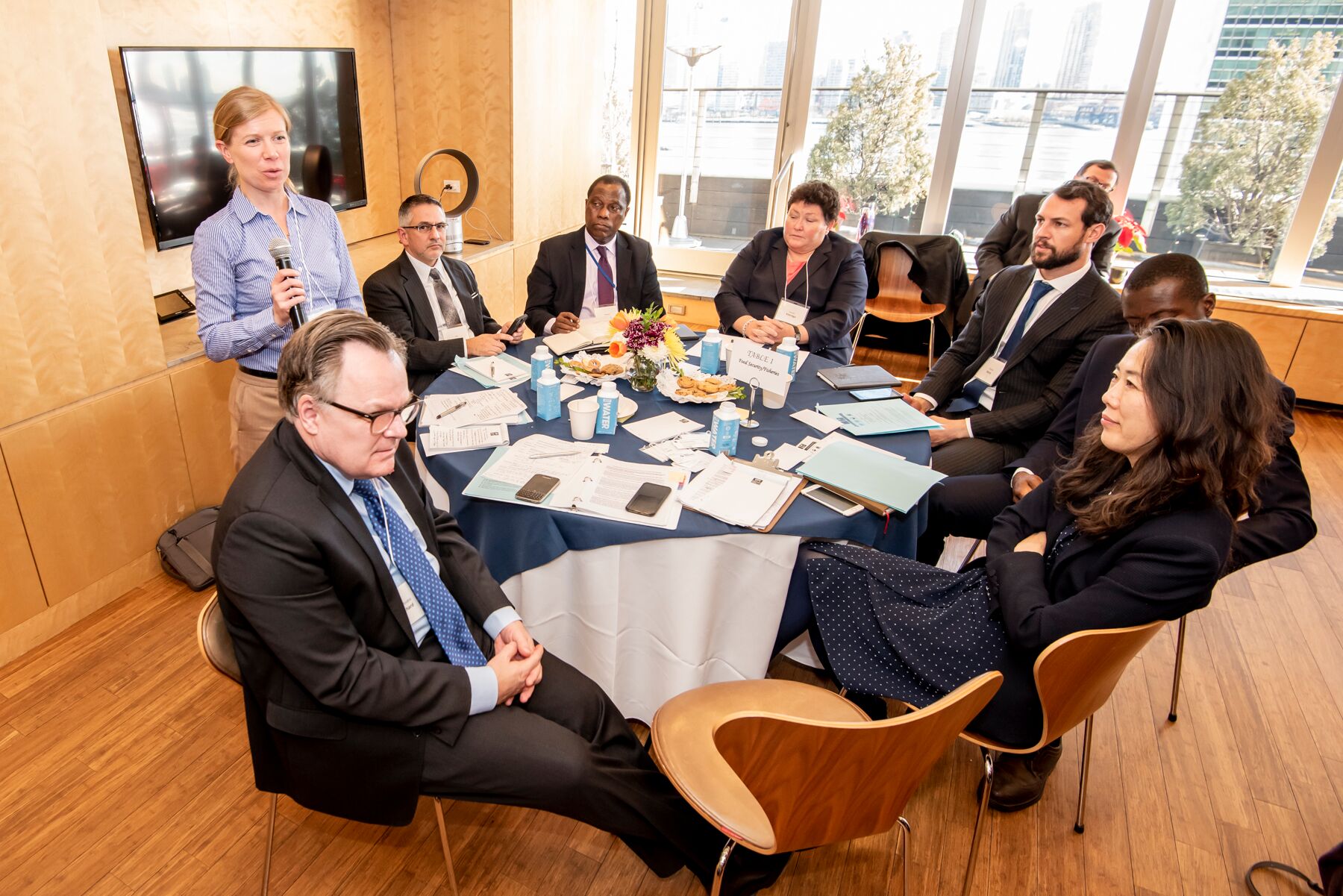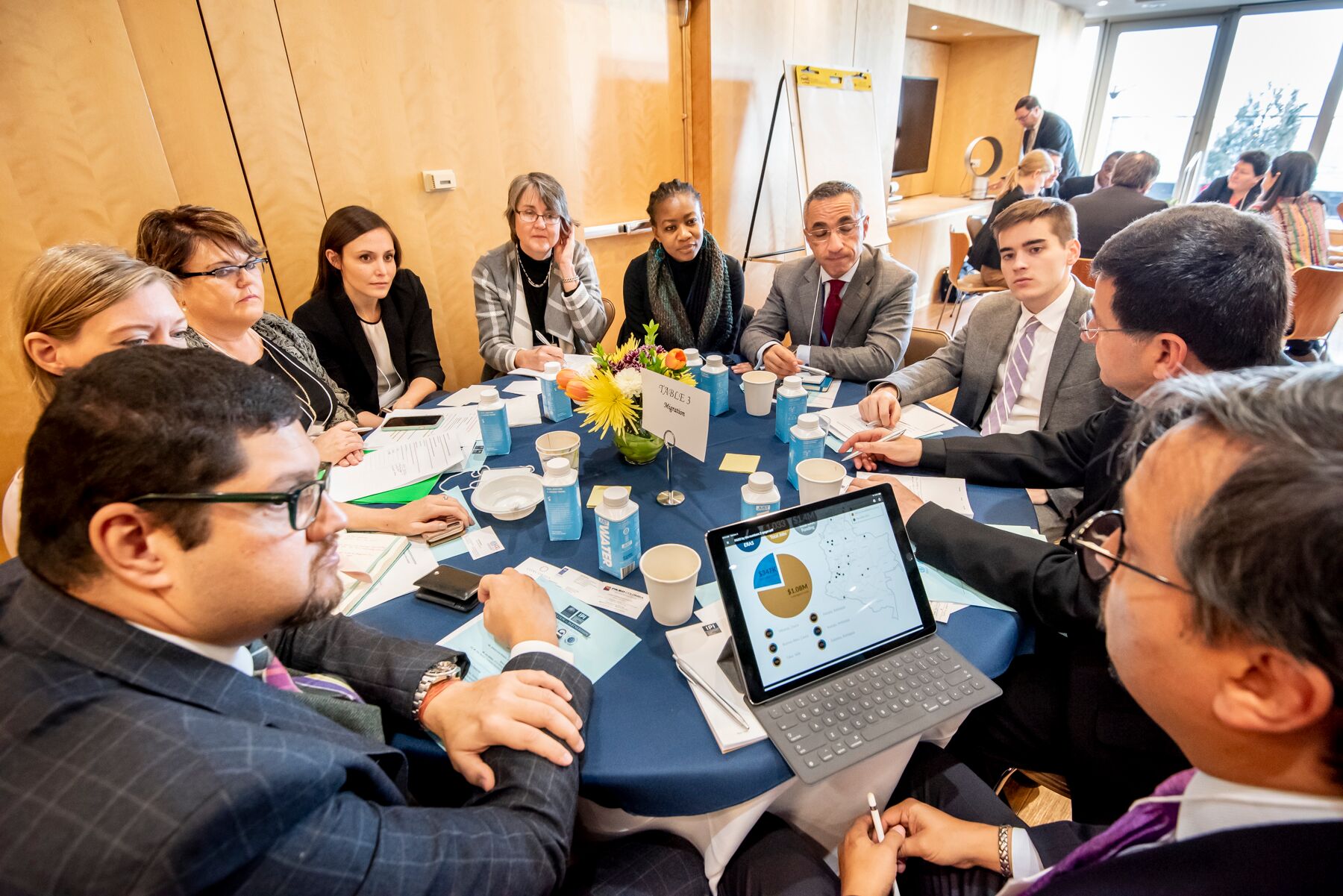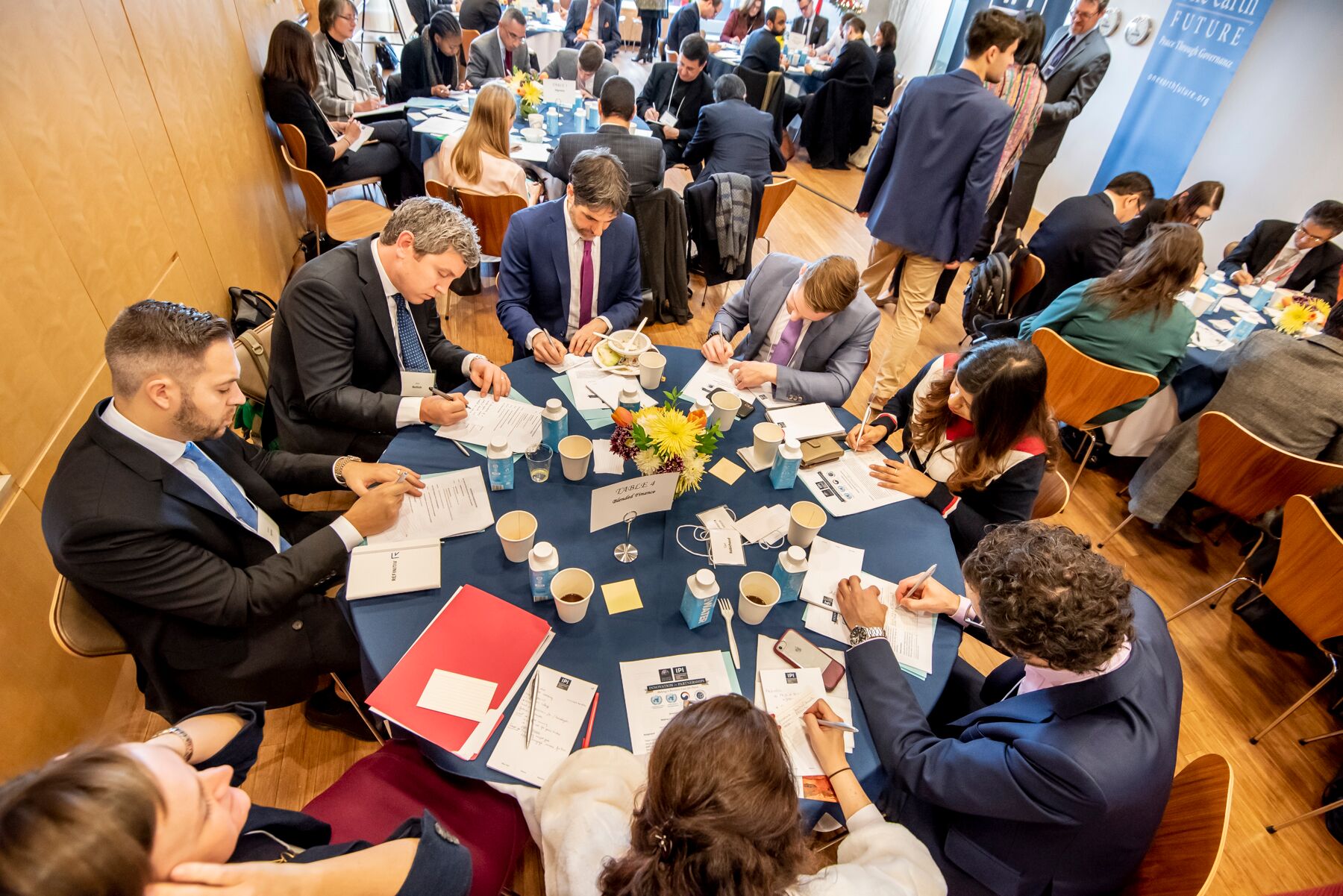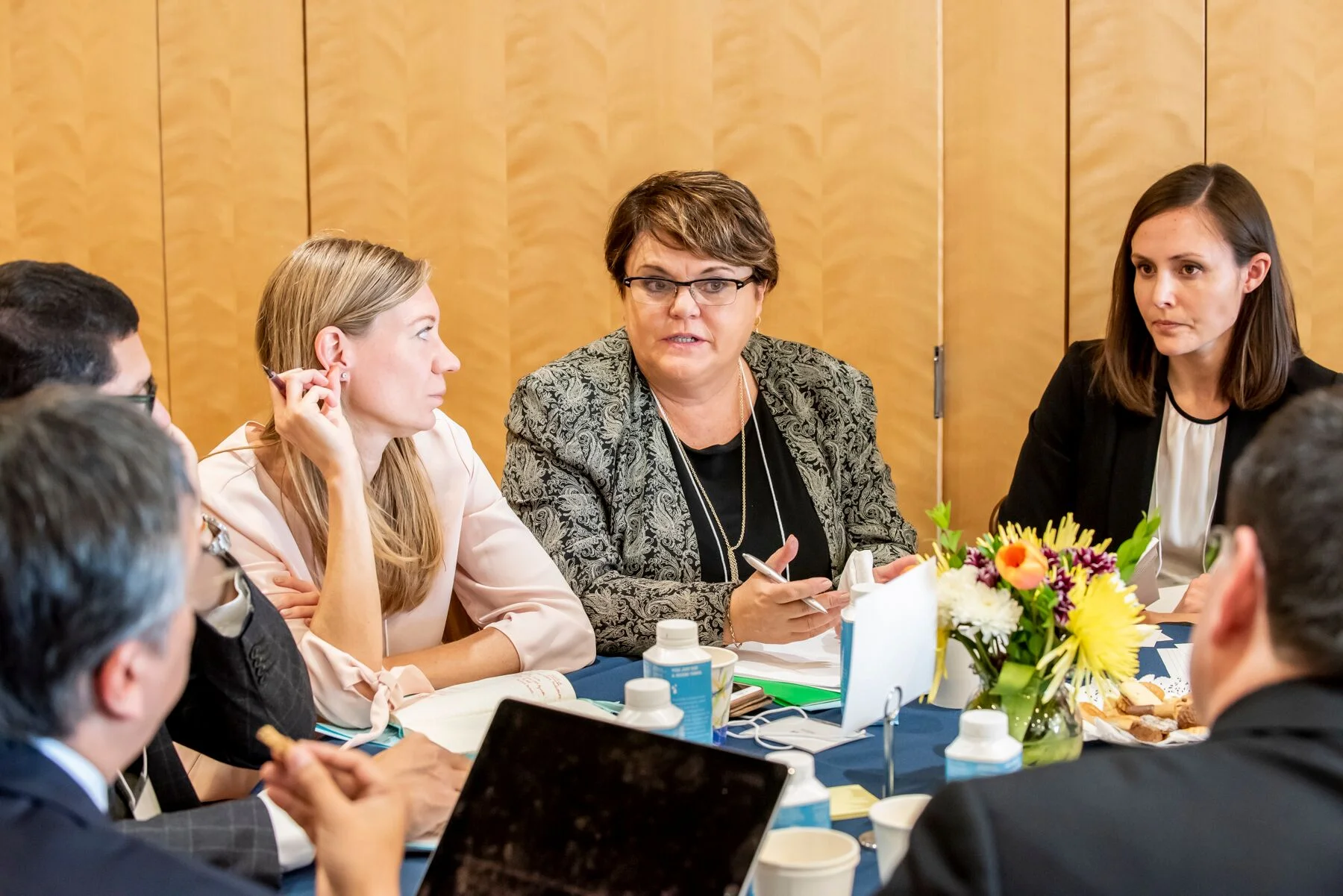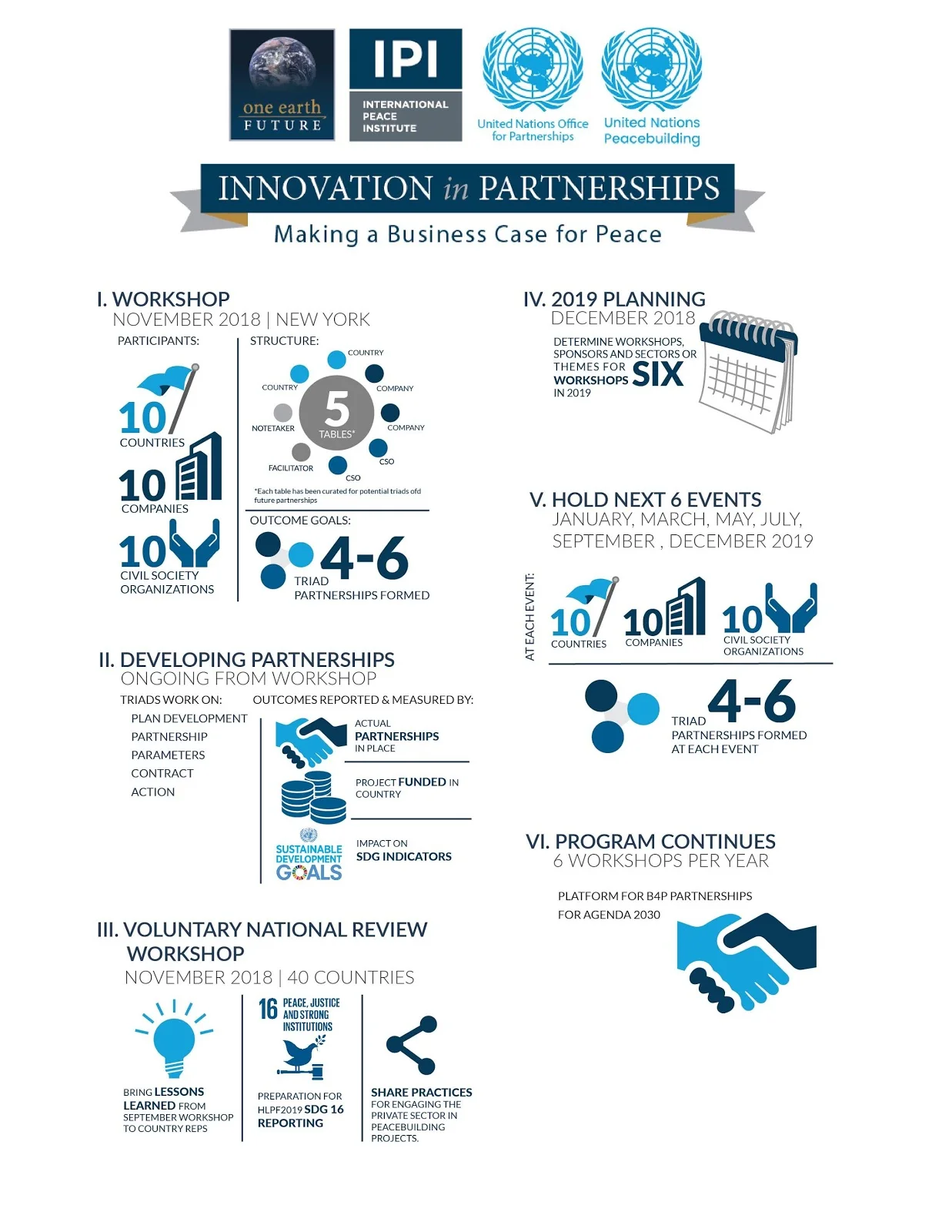“There are compelling reasons to support the SDGs and business has great ambitions to do so. Best practice and process on ‘how to’ is limited though – a gap in the execution that has the potential to slow engagement. So, how can business fast track its thinking and turn the complexity of the global goals into business as usual?”
Malcom Preston, PwC Sustainability Leader in Making it your Business: Engaging in the SDGs.
OVERVIEW
There is an urgency to engage the private sector in countries under stress, including in conflict and post conflict situations. In order to leave no one behind, opportunities need to be developed in countries that need it the most and are often ill perceived as too risky. We are providing a space for the start of meaningful partnerships. We are creating an ongoing platform where the private sector, governments, UN agencies and stakeholders can engage with countries in these circumstances.
The 2030 Agenda for Sustainable Development includes a call to revitalize the global partnership for sustainable development, including through multi-stakeholder partnerships that mobilize and share knowledge, expertise, technology and financial resources toward achievement of the Sustainable Development Goals (SDGs). The Sustaining Peace resolutions make a similar call for inclusion of stakeholders in the peace and prevention processes. Moreover the Pathways for Peace joint report between the UN and the World Bank recommends to “Engage non-state actors in platforms for peacebuilding and strengthen incentives for civic engagement.” The question is how?
This workshop series is designed to create the catalyst to engagement through a greater understanding of the potential opportunities to do business responsibly, contribute to sustaining peace and achieving the 2030 agenda.
When considering the linkage between peace and sustainable development the potential for multi-stakeholder collaboration needs to be strengthened. One issue hindering effective cross-sectoral collaboration in this area is an understanding gap regarding the cultures and communication approaches used by UN communities, civil society organizations, and private sector actors. Each of these communities interacts with issues of peace and conflict in a different way, with greater or lesser comfort with different orientations to the discussion. The result is that attempts at cross-sectoral partnerships may flounder as the different communities’ lack clarity on how they can partner effectively.
Private sector decision-makers lack clarity regarding their company’s strategic value in promoting peace, which results in a lack of understanding of how to engage in sustaining peace initiatives.
Private sector decision-makers tend to base their strategic decisions on their existing expertise and culture, situated in the context of their chosen field of endeavor and business goals.
Inconsistent communication/language among the private sector, civil society, national governments and UN officials often leads to confusion about the private sectors’ actual or potential strategic value and capacity to promote peace.
The private sector is viewed only as “donor” instead of active participants in promoting peace.
Public policy is not always based on consultations with private sector and civil society so to better address their needs.
There is a perception issue and an absence of trust among these different communities.
UNIQUE VALUE PROPOSITION
An iterative workshop series to design strategies and facilitate partnerships of all kinds among the private sector, governments, UN entities and civil society to further new and existing peace initiatives aimed at Sustaining Peace and achieving the 2030 Agenda.
Facilitate knowledge transfer between governments, private sector and civil society.
Provide a platform for engagement between governments, private sector and civil society to catalyze partnerships.
Provide an ongoing structure for the new partnerships to advance from words to action.
Identify public policy obstacles and key factors needed to ensure an enabling environment.
In the long-term: track, measure, and report SDG progress from these emerging partnerships by following up on the activities/ partnerships that continued after the workshop.
PILOT WORKSHOP
The pilot workshop will develop the “win-win” language for partnerships between the private sector and peace promoters.
This workshop will focus on “how to make the ask” to engage with the private sector to develop innovative, coherent partnerships to support the alignment of business interests and investments with the Sustainable Development Goals. All too often, both sides of the public-private divide are interested in engaging in activities that promote security and development, but the partnerships are hampered by a lack of understanding about who and how to approach in order to develop collaborative work. Specifically, this workshop will promote a greater understanding among member states, private sector, CSO, and UN actors about how each party approaches issues relating to sustaining peace and the SDGs, particularly Goal 16, and what this implies for how to communicate about potential projects. The results will be communicated outside of workshop participants through a brief report (following the Chatham House Rule) laying out key conclusions.
The workshop will last approximately 3 hours and include no more than 30 participants, drawn as equally as possibly from business, CSO, and UN entities involved in peacekeeping, peacemaking, peacebuilding. Participants will be invited to participate under a strict policy of non-attribution.
Instead of a panel, the format of the workshop is highly interactive. It is based on a “World Café” model that encourages small-group discussion with a variety of actors (countries, private sector and civil society in the same table).
After a brief opening presentation laying out previous research and the current state of engagement between the government, private sector and civil society, participants will break into small groups to respond to a case study to identify the starting point orientations from the different angles (e.g. how would a government/private sector/civil society react to a natural disaster?). This exercise would be a warm-up to help us understand the different approaches and contexts taken. Next, participants will discuss language used by actors in this area and discuss how some terms may be more problematic within different communities. Finally, whole-group discussion will review the conclusions of the small groups to generate a collective discussion. The whole group will also engage with what these conclusions mean for actors interested in approaching other sectors for partnerships and engagement and generate recommendations for how to best execute these approaches.
Goals for the table discussion:
Establish starting point for each person (government, private sector and civil society)
Address vocabulary differences between private sector and the UN community
Develop potential partnership projects or examples of “how to make the ask”
The pilot workshop will be held in New York, Mid-November 2018 and combine examples of potential themed workshops for future event.
The Innovation in Partnerships: Making a Business Case for Peace workshops for 2019 include:
Blended Finance – Working with Impact 2030 and PASO Colombia, the Colombian Government and private sector investments to develop partnerships aimed at achieving the sustainable development goals.
Education – From Digital Education to building schools, funding training and workforce development, this workshop will focus on private sector engagement with education in-country.
Technological – Working with technology companies to harness the technology revolution for social good, we will convene potential projects based on common goals of countries, companies and civil society organizations.
Nobel Laureates/Peace Jam – This special Innovation in Partnerships: Making a Business Case for Peace workshop will focus specifically on raising funds and or directing services to projects of the Nobel Peace Laureates working with Peace Jam, a Non-profit organization working with Nobel Laureates to mentor youth. This high visibility program will focus on the in-country projects of the laureate with the private sector and country triads formed to move their projects forward.





